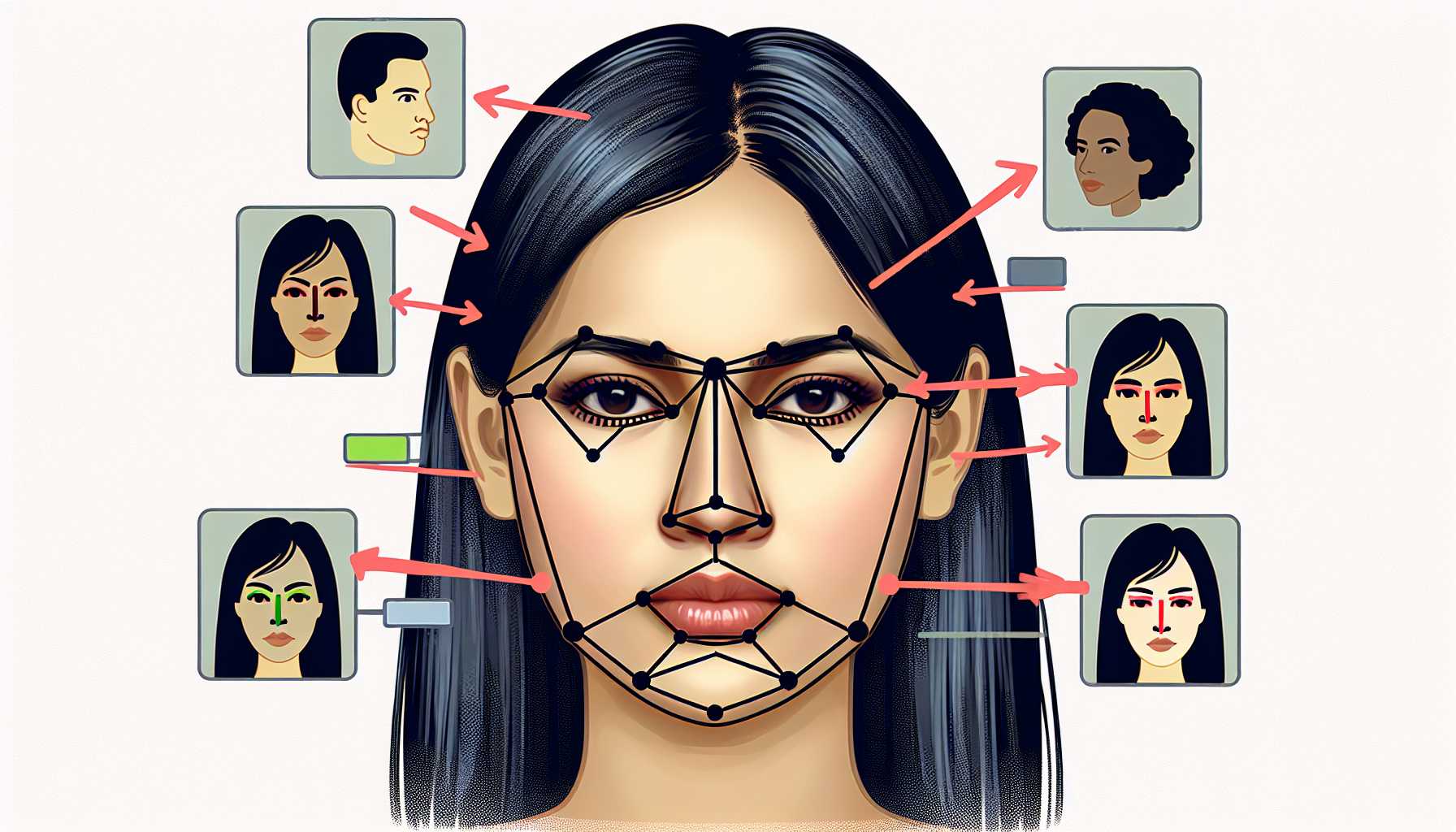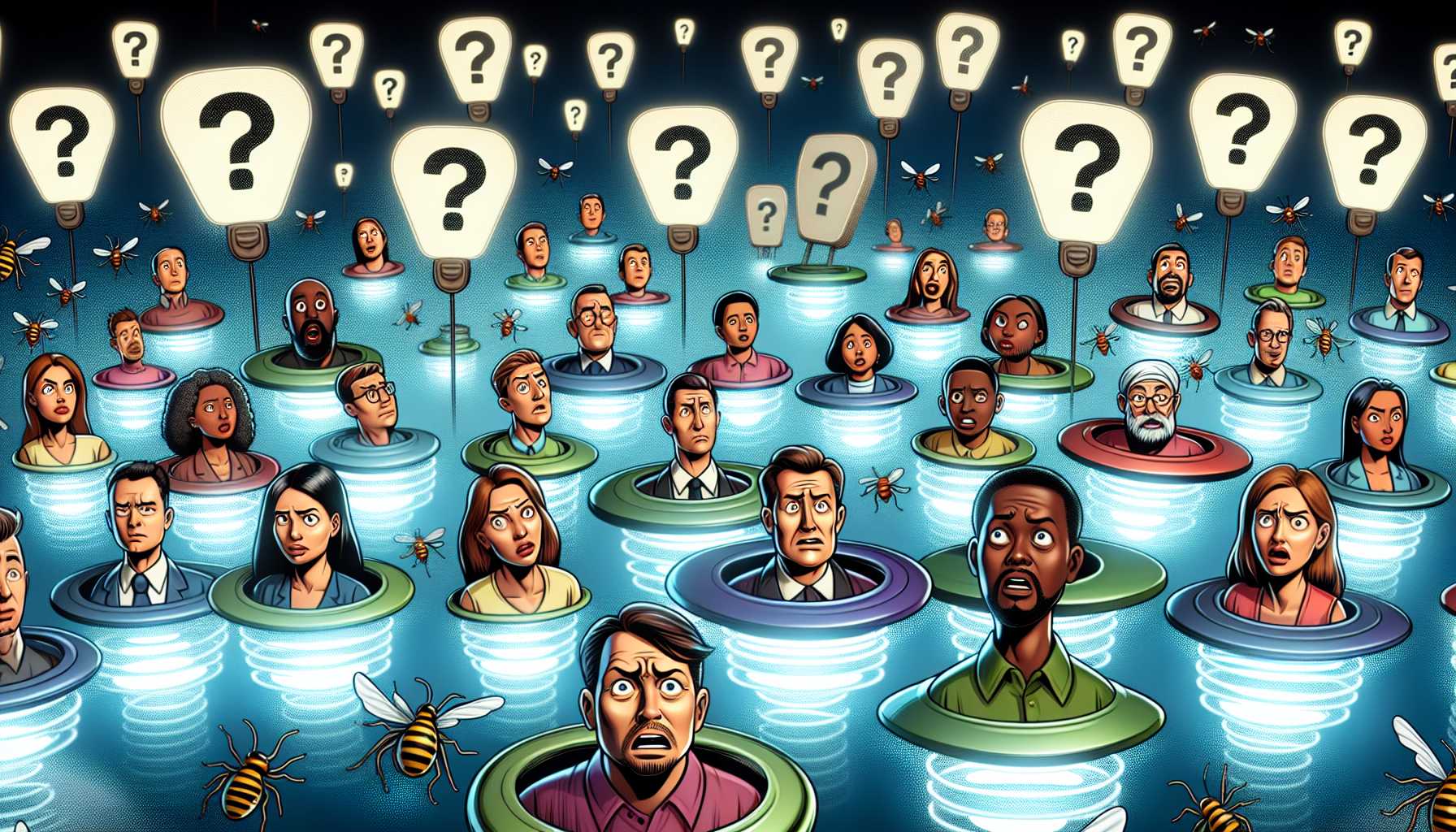In the swirling vortex of tech news, juicy stories of titans clashing keep us anchored to the edge of our seats. This week, we’re diving into the rip-roaring narrative where Apple, that gleaming behemoth of innovation, stands firm against the gusty winds of a lawsuit blown in by the United States Department of Justice. Simultaneously, we’ll delve into the murky waters of artificial intelligence mishaps and the curious case of the online bug zapper boom. Let’s unravel the details that glue tech enthusiasts and legal buffs alike to their screens.
1. The Antitrust Apple: Not Falling Far from the Microsoft Tree?
Dust off your legal history books, folks! Apple is under the antitrust microscope, and comparisons to the ’90s Microsoft are being tossed around like confetti. The U.S. Attorney General, Merrick Garland, arching an eyebrow and peering into the past, suggests that Apple may be repeating history. Yet the Cupertino crew counters with a chuckle; amidst their beef with the DOJ, they brag about their relatively modest market slice. With global iPhone sales hovering around 20%, they argue they’re playing on an entirely different field than Microsoft’s once 90% grasp. But don’t be fooled by these numbers; the fight is not only about market shares—control is the underlying theme, as the government aims to curb behaviors it deems too controlling… a little ironical, isn’t it?
2. App Store Asphyxiation: Profiting or Monopolizing?
Let’s talk about the elephant in the room—or should we say the Apple in the ecosystem? The DOJ is zoning in on Apple’s tight grip on the App Store, the Apple Watch’s cold shoulder to Android, and the infamous green bubble stigma against Android users. It’s like a high school clique drama but with billion-dollar stakes. Is Apple making life difficult for Android developers? Perhaps. Did their market stance topple giants like Amazon and Microsoft in the mobile space? The DOJ seems to think so. Meanwhile, Apple suggests these tech departures waved goodbye due to their own blunders rather than Apple’s market maneuvers.
3. The Conundrum of Compatibility: The Case of the Isolated Smartwatch
Imagine a world where every device played nicely with one another… sadly, that’s not our reality. Apple asserts that technical and security limitations keep the Apple Watch from fraternizing with Android phones. But let’s be real—there’s certainly a hint of “It’s not you, it’s me” in Apple’s relationship with non-iOS platforms. They even made an effort to support RCS messages on iPhone, yet somehow, those pesky green bubbles remain—a marketer’s dream and a user’s mild annoyance.
4. The Face That Launched A Thousand (Failed) Logins
Now let’s pivot to the tale of Uber Eats courier Pa Edrissa Manjang, who encountered the darker side of AI. After facial recognition checks went awry, he was bounced off the Uber platform. It raises the question: How equipped is the law to handle AI’s fumbles? Manjang’s case shines a glaring spotlight on the complexities of equality law meshing with data protection, and the glacial pace of litigation grappling with modern technology. Seriously, the final hearing was scheduled for 2024—talk about justice delayed is justice denied. The settlement speaks volumes on the need for transparency in using AI technologies in the workplace.
5. The Strange Surge of Bug Zappers and Dubious Reviews
Stepping away from the courtroom drama, we bump into an oddly specific retail trend—bug zappers. A tech investor might raise an eyebrow at such anomalies, but it’s an exemplar of e-commerce oddities. With both product listings and sketchy reviews on the rise, there’s something fishy buzzing around. Amazon asserts its dedication to authenticity, with the Brand Protection Report highlighting significant investments made to snuff out fraud and counterfeit goods. Still, mixed signals linger as we hear tell of suspect listings and review manipulations. So why should this matter to us, the everyday consumers and tech enthusiasts?
These tales aren’t mere blips on the radar. They are pivotal chapters in the sprawling epic of our digital age, challenging our notions of fair competition, the reliability of AI, and the authenticity of e-commerce. Innovations shine, but with every breakthrough comes the responsibility to scrutinize their integration into society. Do these advancements serve us, or do we dance to their algorithmic tunes? As tech narratives unfold, we’re reminded that beyond sleek devices and cutting-edge software lurk questions of ethics, law, and our control in the digital domain. Stay tuned, tech savvies; the plot only thickens from here.





